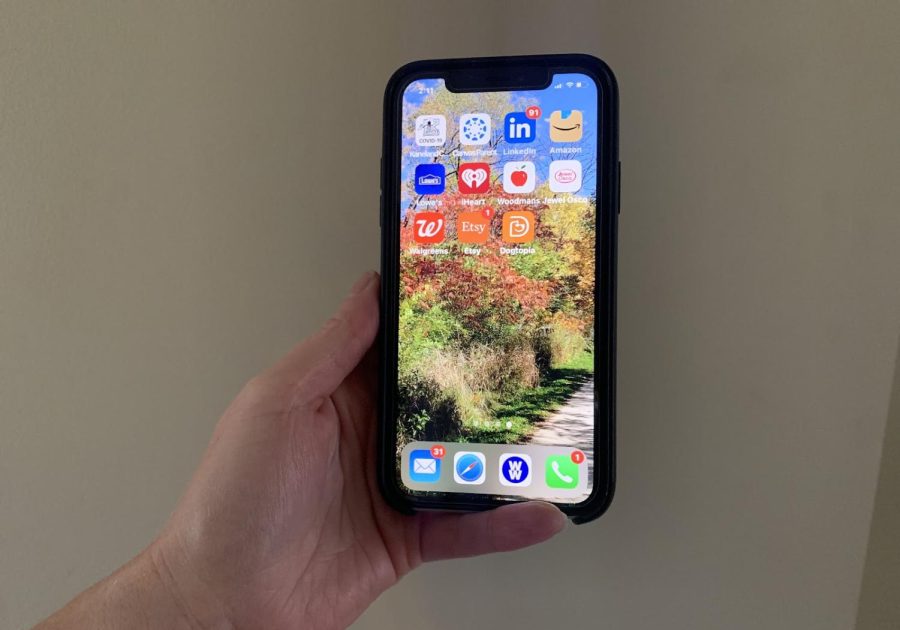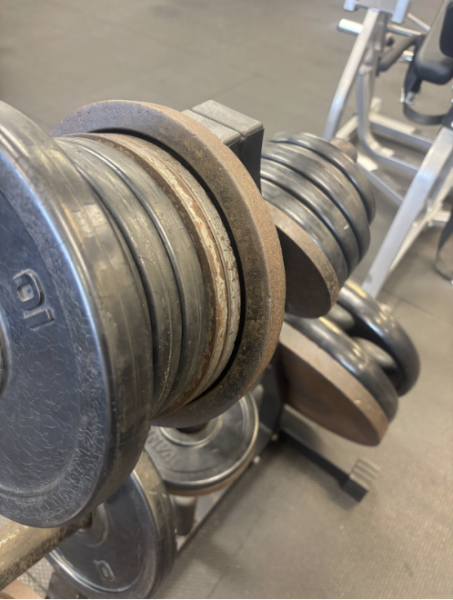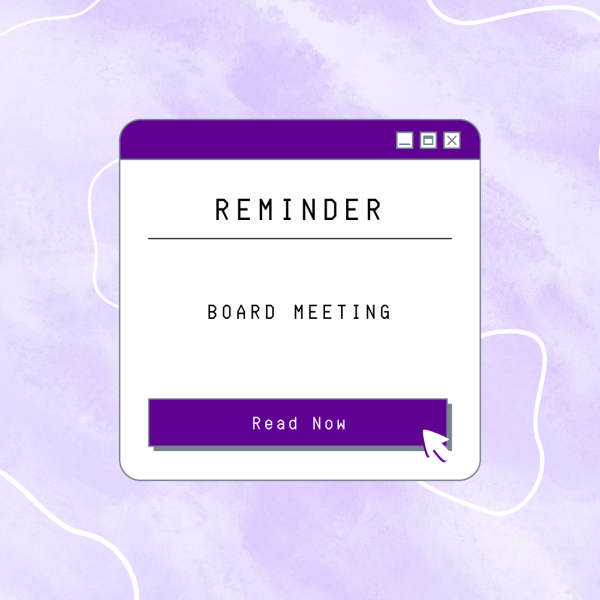Bad habits: Everyone has them, but nobody wants them
Photo By Katie Pfotenhauer
Caption 1: Sophomore Kyle Book holds up his phone to reveal his home screen. Like many other students, his average screen time is over six hours a day.
Bad habits are something everyone has, but not everyone knows that there are ways to correct the bad habits and turn them into good ones.
As students we are well versed in bad habits, and so we know that they are not easy to break.
You hear the stories of people who are so used to rushing out the door every morning that they don’t eat breakfast because they were up too late on their phones. These people have become accustomed to it, and they now see that behavior as normal.
Like anything, there are some bad habits more common than others. Recurrent bad habits for high schoolers include procrastination, not getting enough sleep, skipping breakfast, swearing, watching too much television, spending too much time on their phone and spending a lot of time playing video games.
Many people are trying to break away from bad habits caught in quarantine, including sophomore Kyle Book, who is still trying to beat his poor practice of procrastination and spending too much time on his phone.
“These habits started during quarantine, and I thought it would be okay to wait and do homework like I did last year, but it ended up piling up on me,” Book said.
In an article written by Judson Brewer, an addiction psychiatrist, neuroscientist and New York Times best-selling author, he talks about how habits begin.
“Each time we reach out for something to soothe ourselves, we reinforce the learning, to the point where it becomes automatic. This is how habits are formed,” Brewer said.
Once people pick up on a habit, it’s hard to stop because we have gotten used to doing this. However, there are ways to break habits. If you want to correct bad habits and change them into good ones, here are some tips to help you.
- Face the reality
Sometimes it can be hard to admit to yourself that you have a bad habit. It may even be helpful to take a few days and track your habits to identify any patterns.
If you do not know if you have a bad habit, ask yourself, “Does this happen right after something else? How do I feel when this happens? How does this make others feel when they’re around me?”
Sophomore Kathryn Fair has a bad habit of being a people pleaser, and she has found that it affects the people around her.
“I don’t think being a people pleaser is bad, but in my case, I can take it too far to the point where it is bad,” Fair said. “I don’t like people being mad at me, so I try to make them happy, but sometimes they end up just getting mad at me.”
It is crucial to ask yourself these questions because you need to identify why you do certain behaviors.
- Set goals
Once you have found what your bad habits are, it is time to set goals. Setting goals can keep a person on track to success.
According to PubMed Central, a highly respected database from the National Institutes of Health, it is easier to change your behavior when the change you want to make is valuable or beneficial to you.
There are many ways to keep track of your goals, but the most common way is to write them down. The easiest thing to do is write your plan of what you want to change on a sticky note and put it on your bathroom mirror, fridge, calendar, nightstand or any other place that you go to often.
Seeing the list frequently can keep the changes you want to make fresh in your mind. Also, it is motivation because you want to follow all of your goals.
- Go slow
Breaking a habit does not happen overnight or even in one week because it takes time. It all depends on how long you have had it and who is in your life to help you through it.
There is a common myth that it only takes 21 days to break a habit; however, the European Journal of Social Psychology conducted a study in 2009, and they found it takes 18 to 254 days to change from a bad to a good one. The average of the study was 66 days.
If many weeks have passed, though, and you have not made much progress on changing your habits, try a different approach.
- Motivate yourself with small rewards for being successful
As you know, breaking habits is challenging, and you need to periodically stop to realize how far you have come.
Recognizing that you have a poor habit and deciding to fix it is hard enough, so be proud of your progress.
Sophomore Cassidy Krohn has a bad habit of overthinking and saying sorry too much, but she found that small positive messages discouraged her from giving up.
“I can change my bad habits through telling myself that I can do it, and I have been doing this method for a while, and I have found it very beneficial,” Krohn said.
With these tips, you will be on the right track to replace your bad habits with good ones that will help you in multiple aspects of your life.

Name: Katie Pfotenhauer
Position: Co-Editor-in-Chief of Print and Co-Copy Editor
Graduation year: 2024
A few sentences...










